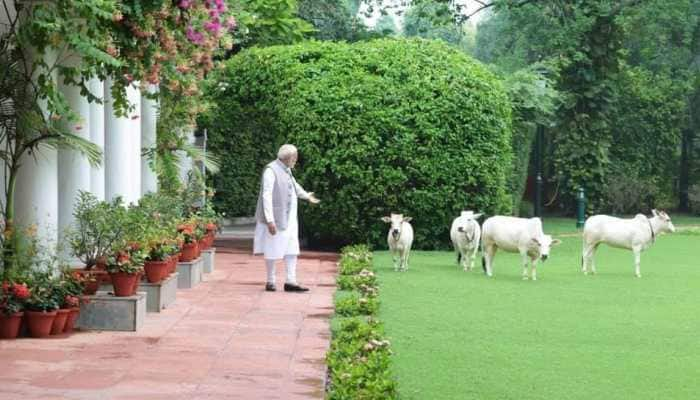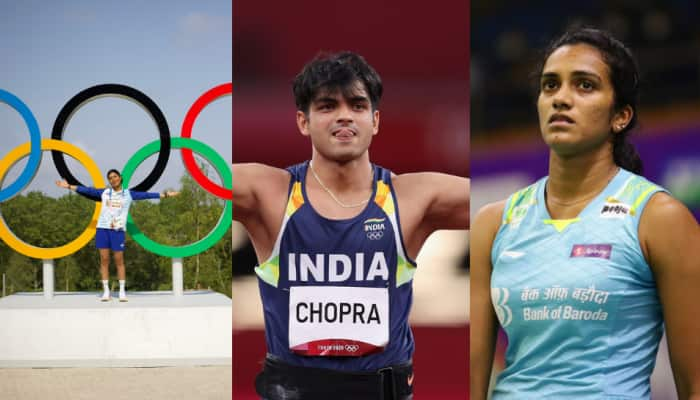PM Narendra Modi's entire schedule for Friday in New York, US
Prime Minister Narendra Modi will address the 74th session of United Nations General Assembly (UNGA) on Friday, September 27 at the UN headquarters in New York, wherein he is expected to outline the country's larger role on the world stage related to development, peace and security at around 7: 30 pm as per Indian Standard Time (IST).
Trending Photos
)
New York: Prime Minister Narendra Modi will address the 74th session of United Nations General Assembly (UNGA) on Friday, September 27 at the UN headquarters in New York, wherein he is expected to outline the country's larger role on the world stage related to development, peace and security at around 7: 30 pm as per Indian Standard Time (IST).
This will be PM Modi's first address to the world leaders on the global platform of the UN, after winning a second term as Prime Minister with a thumping majority in the recently-concluded Lok Sabha elections 2019.
Following his UNGA session, an informal meet and greet with other delegations and Indian community in the US is scheduled for PM Modi outside the General Assembly hall.
Here is a full schedule of PM Modi for Friday (all timings as per IST):
07:30 pm: PM’s address to the UNGA
09:30 pm: Meeting with Prime Minister of Bhutan Dr Lotay Tshering
10:05 pm: Meeting with Prime Minister of Bangladesh Sheikh Hasina
01:15 am (September 28): Emplane for Frankfurt
Interestingly, Pakistan Prime Minister Imran Khan is also scheduled to address the 74th session of the United Nations General Assembly (UNGA) shortly after PM Modi's address. According to sources, Imran Khan has vowed to "forcefully present the Kashmir issue" at the UN gathering. There will be a gap of two speakers between PM Modi and Khan's address.
Earlier, India made it clear that it will not mention Kashmir at all during the time allotted to speak at the global forum as revocation of Article 370 was an internal matter which did not require any third-party intervention. Instead, India has been maintaining its focus on a diplomatic approach, highlighting the steps it has taken for the development of the country and the newly-formed Union Territory of Jammu and Kashmir.
Live Tv







)
)
)
)
)
)
)
)
)
)
